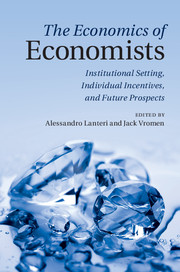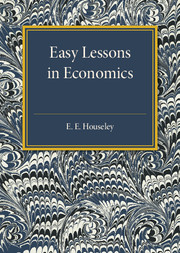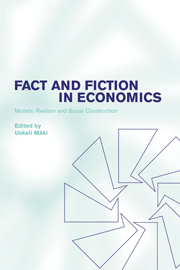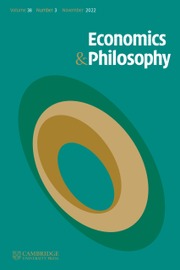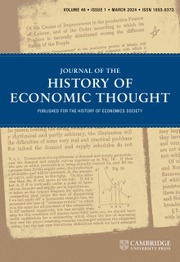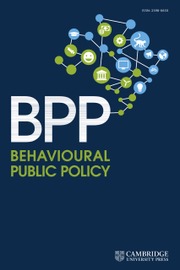The Economics of Economists
The profession of academic economics has been widely criticized for being excessively dependent on technical models based on unrealistic assumptions about rationality and individual behavior, and yet it remains a sparsely studied area. This volume presents a series of background readings on the profession by leading scholars in the history of economic thought and economic methodology. Adopting a fresh critique, the contributors investigate the individual incentives prevalent in academic economics, describing economists as rational actors who react to their intellectual environment and the incentives for economic research. Timely topics are addressed, including the financial crisis and the consequences for the discipline, as well as more traditional themes such as pluralism in research, academic organizations, teaching methodology, gender issues and professional ethics. This collection will appeal to scholars working on topics related to economic methodology and the teaching of economics.
- Provides a full assessment of the discipline of economics, featuring chapters from the top scholars in the growing field of 'economics of economics'
- Adopts an interdisciplinary approach, appealing to a broad readership within and outside the field of economics
- Contains both 'analytical' and 'normative' sections which will stimulate debate, especially on reforming economic education
Reviews & endorsements
"This is a very important and much-needed contribution to scholarship on the economics profession. Is there herding behavior in economics? Is the profession unable to address issues of fundamental concern on account of its social organization? These questions and many others are investigated in this very welcome volume."
John B. Davis, Marquette University, Wisconsin and Universiteit van Amsterdam
"This collection of essays offers vivid images of the academic economic profession, taken from various angles and perspectives. It is attentive to the practices, self-representations and stereotypes of this tribe and judicious on the conflicting evidence emerging from the literature. It turns a non-distorting mirror on the dismal science players, revealing an interesting and informative picture, but it is also thought-provoking in mapping wrong routes and suggesting alternative travel."
Maria Cristina Marcuzzo, Università degli Studi di Roma "La Sapienza", Italy
"Immersion in the science studies literature ought to lead economists into engaging in the self-referential enterprise of rethinking their own presuppositions. Since the phenomenon of science revolves around the process of learning about the intrinsically unknown and inherently unforeseeable, it provokes reconsideration of many of the deep issues dividing economists, such as rationality, uncertainty and methodological individualism. This volume takes important steps in opening up space for a more synergetic approach to "science" and the "economy"."
Esther-Mirjam Sent, Radboud Universiteit Nijmegen
Product details
August 2014Hardback
9781107015708
378 pages
229 × 152 × 22 mm
0.67kg
13 b/w illus. 24 tables
Available
Table of Contents
- Introduction Alessandro Lanteri and Jack Vromen
- Part I. The Institutional Setting of Academic Economics:
- 1. The culture of academic economics Arjo Klamer
- 2. The construction of a global profession: the transnationalization of economics Marion Fourcade
- 3. Academic rankings between the 'Republic of Science' and 'New Public Management' Margit Osterloh and Bruno S. Frey
- 4. Gatekeepers of economics: the network of editorial boards in economic journals Alberto Baccini and Lucio Barabesi
- Part II. The Individual Incentives of Professional Economists:
- 5. Can European economics compete with US economics? And should it? David Colander
- 6. Career patterns of economics PhDs: a decade of outcomes for the class of 1997 Wendy Stock and John Siegfried
- 7. Scientific norms and the values of economists: the case of priority fights in economics Wade Hands
- Part III. Challenges and Solutions:
- 8. Why economics is on the wrong track Deirdre McCloskey
- 9. Do we try to teach our students too much? Robert Frank
- 10. The perils of narrative teaching in economics Jack Vromen
- 11. Academic women's careers in the social sciences Donna Ginther and Shulamit Kahn
- 12. Ought (only) economists to defect? Stereotypes, identity and the prisoner's dilemma Alessandro Lanteri and Salvatore Rizzello
- 13. The financial crisis and the systemic failure of academic economics David Colander, Hans Follmer, Armin Haas, Michael Goldberg, Katarina Juselius, Alan Kirman, Thomas Lux and Brigitte Sloth
- Index.

